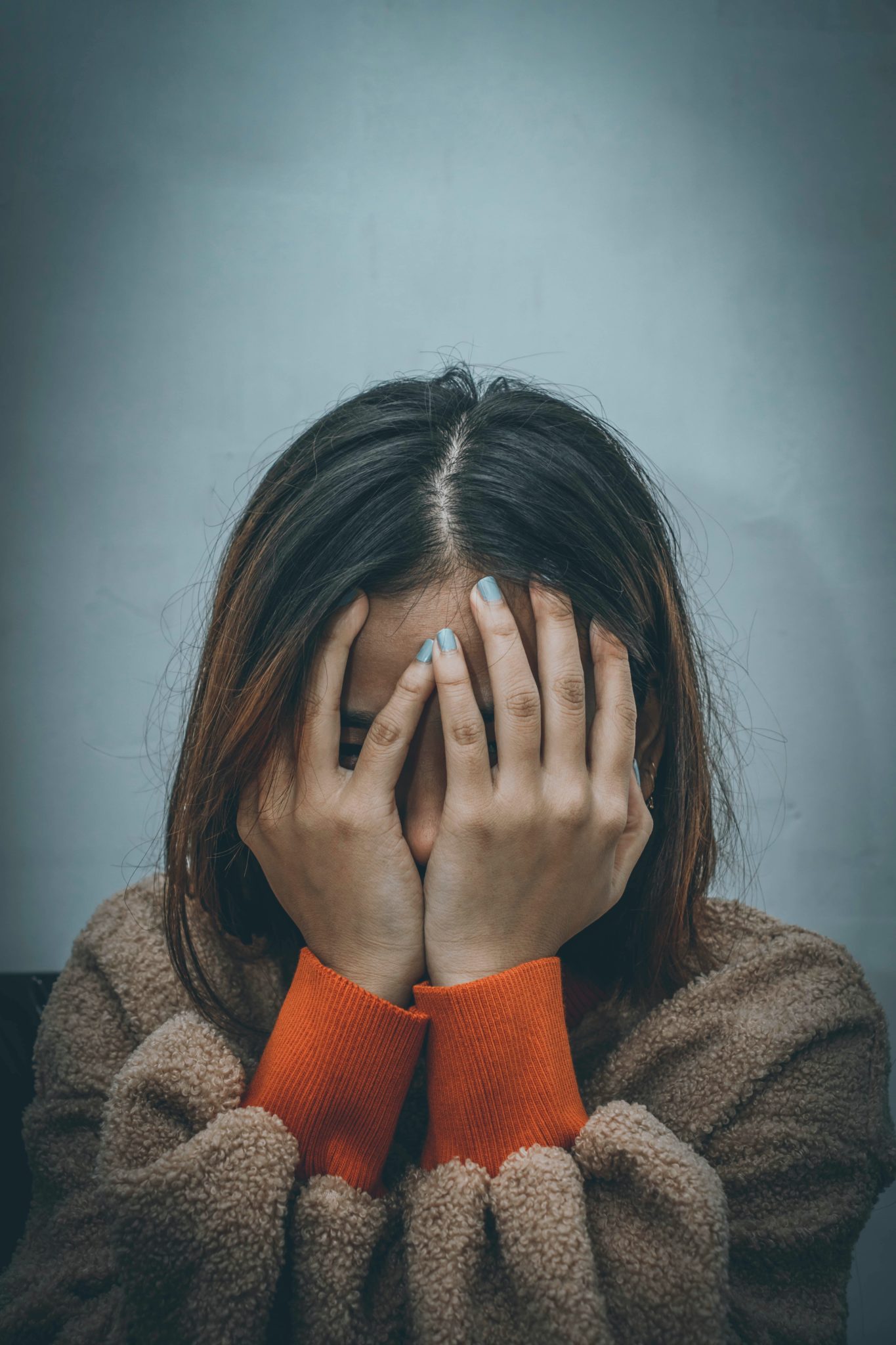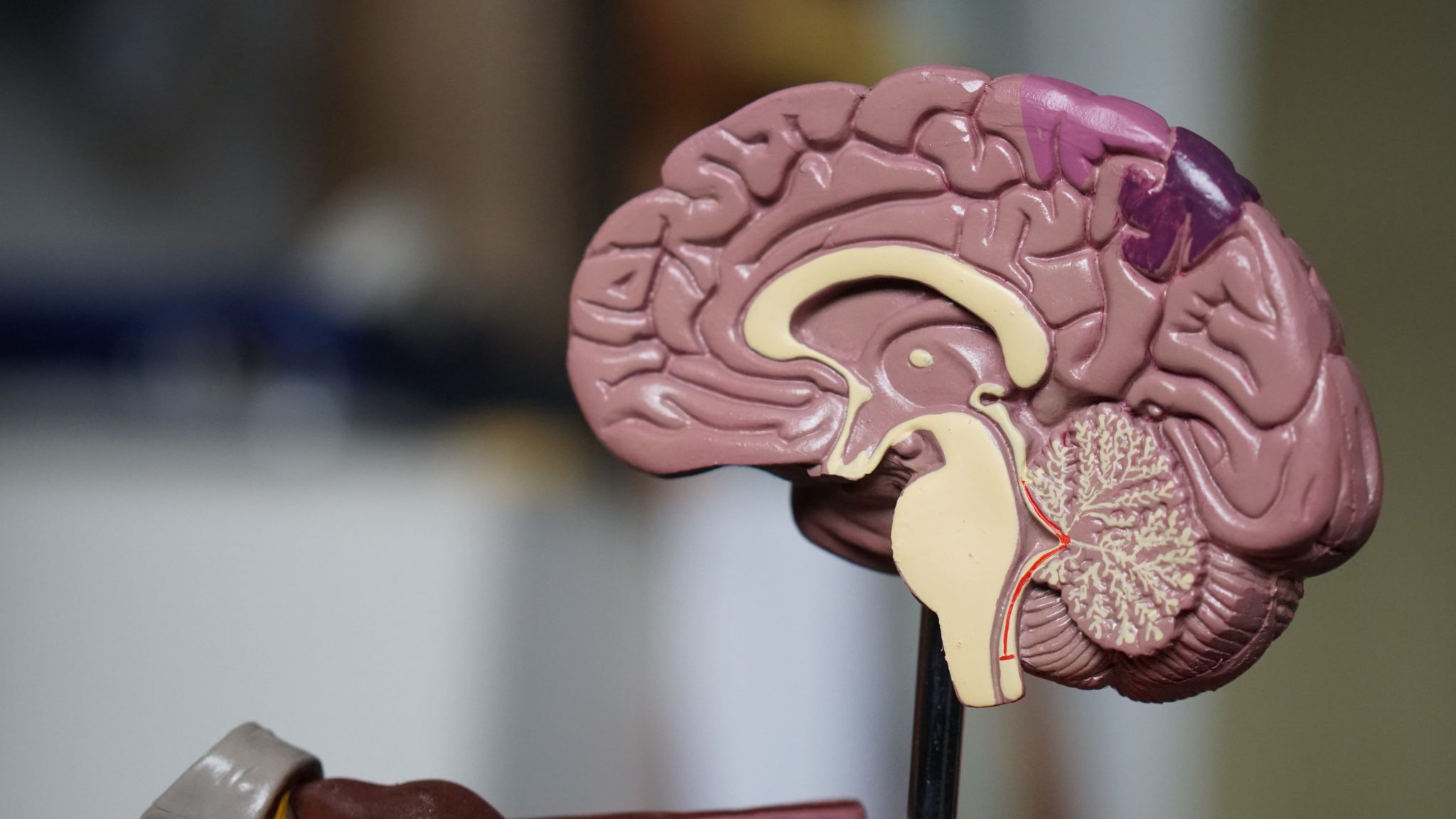Understanding Seasonal Affective Disorder (SAD)
Everyone finds it hard to keep up a good mood in the winter months; it’s cold, it’s dark, and many people find the buildup to Christmas to be a lonely, stressful, difficult time. While many people feel like they can cope with these feelings, for others, this low mood refuses to pass, and starts to have a serious negative impact on their lives, only to vanish as soon as the days begin to get brighter and warmer again. These people are likely experiencing a condition called seasonal affective disorder, or SAD.
The holiday season might be over but that doesn’t necessarily your anxieties and stress will go away with it! This week, MPW’s London counselling team gives out the best ways to cope with Seasonal Affective Disorder (SAD).
What does it look like?
SAD affects around 1 in 15 people, and usually manifests as a period of long-lasting depression that coincides with the changing of the seasons, and as such can often be predicted with unusual accuracy. The symptoms are identical to those of major depressive episodes: persistent low mood, feelings of apathy and hopelessness, changes in sleep or appetite, and so on. It is reported more frequently in women and people who already experience mood disorders or depressive episodes. Although most often associated with winter, some people will experience it during the summer as well or instead.

What causes SAD?
- There are biological causes, mainly relating to the amount of light that your body requires to function. The amount of light we receive affects our brain chemistry, causing it to produce hormones that prepare us for sleep when we are in darkness, and hormones that keep us awake in times of greater light. People who experience SAD are often more sensitive to the chemical changes brought about by extremely low or high light levels. It also affects our body clock, which is why some people find it so much harder to get out of bed when the mornings are darker.
- Social factors are involved as well. The expectation that one needs to have a ‘perfect’ Christmas, or that one needs to be outside in the sun all the time during summer, can cause stress, anxiety, and feelings of shame and inadequacy that can all contribute to the onset of SAD.

What can I do about it?
Fortunately, treatments that work for depression also work with SAD, so a course of antidepressants and/or a short stint of counselling should be effective in helping someone get through it. There are also things that can be done that specifically address the conditions that give rise to SAD, like:
- Making sure you keep your vitamin levels up in the winter, especially vitamin D.
- Ensuring that you get the right amount of light for your body, whether this is more or less than you would normally get (natural light is always best but some light lamps can provide a decent alternative).
- Adjusting your daily routine to your energy levels
- Staying aware of the influence of social pressure.

If you would like more information, a more in-depth explanation can be found here. If you feel that you relate to any of the issues raised in this email and feel that you might need somebody to talk to, you can contact the college counselling service, either through your DoS or getting in touch with Jemima from the MPW London counselling team.

